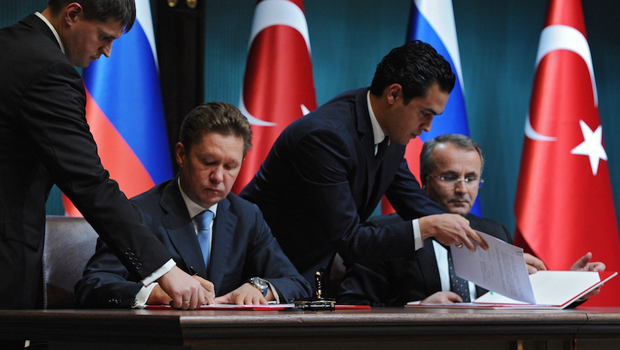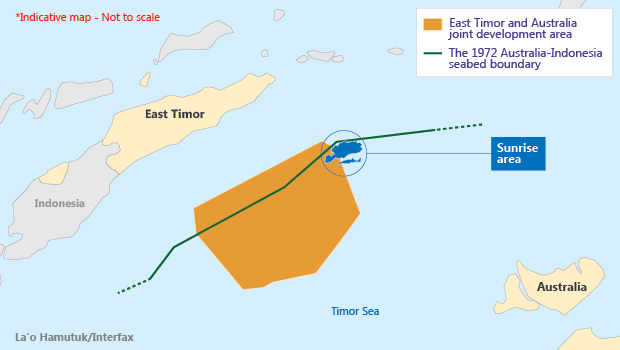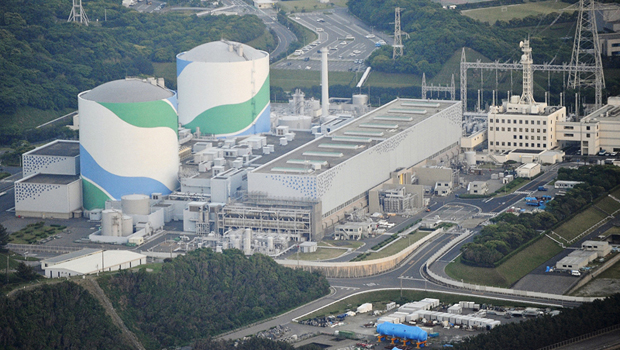Turkey’s future transit role stirs debate
 Gazprom Chairman Alexei Miller and his Botas counterpart Mehmet Konuk sign the Turkish Stream deal. (Gazprom)
Gazprom Chairman Alexei Miller and his Botas counterpart Mehmet Konuk sign the Turkish Stream deal. (Gazprom)
Turkey is expected to play an important role as a transit country for gas deliveries from Russia and Azerbaijan from around 2020 – and possibly Iran at a later date.
Gazprom’s Turkish Stream pipeline project could see Turkey replace Ukraine as a corridor for gas being sent to the EU as soon as 2019.
However, there is a danger the project could jeopardise supply from new sources in the same way the South Stream pipeline “effectively killed off the Nabucco project”, MEP Vladimir Urutchev (EPP, Bulgaria) told an event in Brussels last week.
“This development has several repercussions. One is that Turkish Stream will be a political project like South Stream,” Urutchev said.
“I would say South Stream killed Nabucco. Now Russia will try with this new pipeline to have influence in the region and in Turkey to delay the diversification of gas supplies,” he added.
The MEP said the cancellation of South Stream and Turkey’s enhanced role as a transit country could change Ankara’s relations with Russia and the EU. He also questioned whether Turkey would be a reliable conduit for gas.
“Do we think that Turkey is a country we can rely on long term for this?” Urutchev asked.
David Buchan, a senior research fellow at the Oxford Institute for Energy Studies, pointed out that Turkey had chosen not to join the EU-backed Energy Community – an extension of the EU’s internal market to non-member states.
Transit through Turkey
Trans-Anatolian Pipeline: Expected to bring gas from the Shah Deniz development offshore Azerbaijan to Turkey and the EU from around 2020. Will connect to the Trans-Adriatic Pipeline on the Turkish-Greek border.
Turkish Stream: Gazprom’s replacement for the cancelled South Stream pipeline. Expected to bring Russian gas to Turkey and the Turkish-Greek border from 2019.
He also raised the prospect of whether there was a danger Turkish Stream could “effectively choke off” new supplies from alternative sources.
However, Brendan Devlin, an adviser at the European Commission’s Directorate-General for Energy, told the event Moscow had a different objective for Turkish Stream.
“I suspect that in the long term the real motivation for Turkish Stream has nothing to do with the EU, but securing Turkey as a gas market for Russia,” he said.
“What I can see in the development of the relationship between Turkey and Russia are only strategic benefits for the EU. Presumably there will be more gas in Turkey, which means there will be more gas liberated for supplies to the EU – which is positive,” Devlin added.
Political concessions
With Russia dependent on Turkey as a transit country to reach its customers in the EU, Ankara could also secure political concessions from Moscow, Devlin said.
This could secure Russian support for the proposed Trans-Caspian Pipeline (TCP) – a project backed by the European Commission. The TCP could see gas from Turkmenistan exported to Europe across the Caspian Sea. , Russia – which borders the sea – currently opposes the project.
“If it is the case that our friends in Russia want to build a pipeline… to Turkey – which liberates a whole amount of capacity in Central and Eastern Europe – that again is a strategic plus for the EU. And we invite them to go ahead,” Devlin said.
He also pointed out the EU’s energy relations with Turkey had been positive on many occasions. This was reflected in the agreement over the Trans-Anatolian pipeline and the shelved Nabucco pipeline.
Nabucco West – a modified version of the original project – has never been written off completely despite having been rejected by Shah Deniz shareholders in favour of the Trans-Adriatic Pipeline.
“Turkey made a very strong agreement on the Nabucco pipeline, which unfortunately – in its historical form – will never be built, I suspect. But the potential is there for the future should it be needed,” Devlin said.
Unlike the EU, Turkey’s energy demand has grown rapidly over the past few years, a trend that is forecast to continue.









